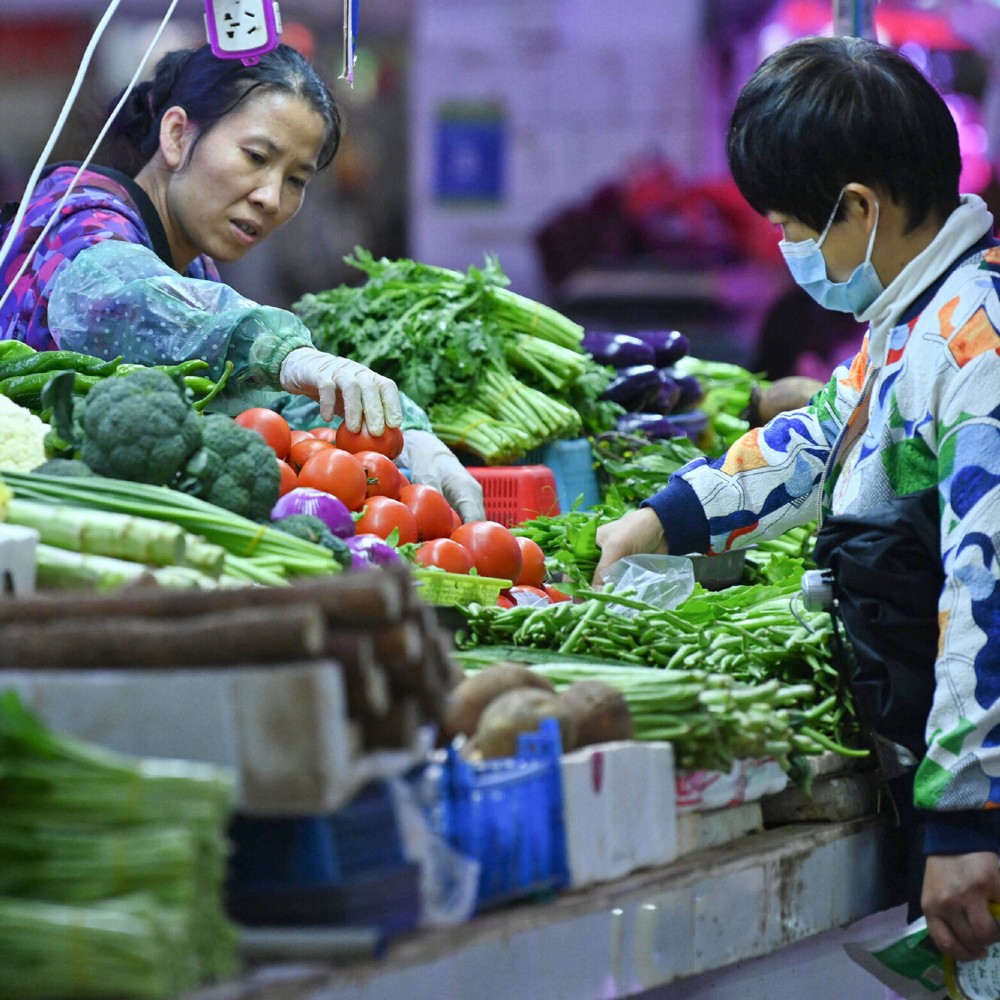Published:
As shown in a previous blog, global food prices are on the rise, and food security is an ever-growing concern worldwide. In China, there is a new issue. Last week, China urged local authorities to encourage families to stockpile “daily necessities.” Many citizens have seen this as a warning to them and have now induced panic buying.
Food has been a severe issue to Chinese citizens since the Great Chinese Famine in the 1950s and 60s, and there are many reasons for Chinese citizens to be worried about their food supplies in the current day:
- This year’s energy crunch created blackouts for many households.
- The rising tensions between China and Taiwan, which have come about from China claiming that Taiwan is an inseparable part of its territories, have become a noticeable worry among citizens.
- There are also concerns about COVID-19, including total lockdown threats if only one case is detected and crop shortages.
Zhu Xiaoliang, a commerce ministry official, recently tried to calm fears as panic buying has continued, stating that supplies are sufficient everywhere. Another official went on to say that this was raising awareness to be prepared for an emergency. However, the rising food prices have been adding to the panic, as food prices in China have risen 50% in some products. Read more about increasing global food prices here.
Panic buying can seriously affect businesses. According to a Gartner study, among the 260 global supply chain leaders in February and March of 2020, 33% of companies had manufacturing or sourcing activities in China. Many industries that export their products to China that fall under the “necessity” category, such as toilet paper, oils, foods, etc., will see a serious impact on their supply chain as they are greeted with not enough supply to meet sudden demands.
The issues in China are spreading to neighboring countries. For example, in South Korea, drivers are panic about buying urea, an additive for diesel fuel, as their largest supplier, China, is now tightening their reins on how much they are exporting. It is required by the South Korean government to put urea in diesel fuels to reduce emissions. As we continue forward, many other companies and countries will start to see the effect of this Chinese panic.
Many companies are still reeling from the effects of the first worldwide panic buys as they continue to struggle through the shortages that were onset from the first panic buys. For example, Reynolds Consumer Products Inc. creates things such as aluminum foil and trash bags. They are looking at the third price increase in 2021 alone soon. Yihai Kerry Investments Co, Chinatex Corporation, and more will see big supply chain problems on the rise as they are the biggest sellers of cooking oils and other food necessities in China.
Overall, citizens in China are stockpiling, so if you are a company that exports something that will be affected by this panic buying, you will need to adjust your inventories and supply chain strategies to accommodate these events. Look into effective allocation techniques, and keep up with the news coverage of China’s markets.
File under






